Planners, council pave way for possible casino at Carolina Crossroads

The Roanoke Rapids Planning Board and city council this evening put the city in the consideration for a casino in the Carolina Crossroads Music and Entertainment District by approving a land use amendment that would allow gambling in the district.
City Manager Kelly Traynham wrote in a memo to both panels that the North Carolina General Assembly anticipates enactment of a final budget by the middle of the month and have been “quietly discussing legislation to legalize gambling casinos as part of an effort to incentivize rural tourism in Tier 1, economically-distressed counties.”
Traynham said there is limited information available other than what has been reported by the state media during the last couple of months with talks of casino development in three Tier 1 counties that are located near state lines and interstates. “Supposedly, the intent is to create ‘entertainment districts’ with a casino and other destination developments like hotels, water parks, restaurants (and other similar attractions).”
(A follow-up will be posted Wednesday with additional comments and reactions)
Wrote the city manager: “While we do not know exactly what will occur with the general assembly, the city is encouraged to move forward in processing the zoning text amendment request as quickly as possible with hopes that (the) city of Roanoke Rapids will be identified as a casino location.”
On August 18, Roanoke Rapids attorney Bill White hand-delivered Traynham a letter requesting the amendment on behalf of the Carida Capital Group, whose partners include Weldon Mills Distillery, which recently bought the former Roanoke Rapids Theatre. The theater is located in the music and entertainment district.
During the joint meeting this evening, White spoke before the panels giving a detailed history of the theater before diving into what a casino could mean for the city.
Electronic gaming is already allowed as an accessory use in the theater and in all zoning districts since July 10, 2012, making gaming permitted in the city, he said.
White said the pending budget bill has a source of revenue excise tax from the operations of casinos. He said in August the Triangle Business Journal reported that Republican lawmakers were looking to create a bill that would allow a casino in three counties while WRAL reported the draft bill is not ready for introduction. “The final version of that bill is still a work in progress in the various caucuses but some of the key points are worth mentioning.”
In order to be considered the entertainment district must be, among others, the following:
A Tier 1 area
Lie east of Interstate 77
Be either a border county or a county traversed by Interstate 95
Have a population less than 100,000
The requirements for an applying business include, in part, the following:
Submission of a fee of $25 million as a credit against future excise taxes
A gaming license for 30 years, subject to extension
The creation of 1,750 new jobs, subject to penalties for default
Must invest at least $500 million in the district, subject to penalties for default
Must have at least 10 years experience in the commercial gaming industry
Must have at least 10 years in developing and operating mixed-use, non-gaming real estate projects
Imposition of an excise tax of 22.5 percent on gross gaming revenues of which 5 percent will be returned to the county and municipality to be divided as sales taxes are divided
“The draft bill shows considerable due diligence and detail that the general assembly is exploring for the operation of casinos in North Carolina,” White said, adding, however, “When our client acquired the theater, a casino was not part of its development plan. It may not become a site for a casino but it cannot be one without being a permitted use in the entertainment overlay district.”
Carolina Crossroads is shovel-ready with all the crucial infrastructure in place. “If a casino is permitted and if one is built near the theater, the additional ad valorem tax base, new jobs, and tourism dollars will have a tremendous impact on the financial bases of Roanoke Rapids,” he said.
The free-standing casino in Portsmouth, Virginia, is averaging between $20 million to $25 million in gross revenues each month, White told the council. The casino operating under a tent in Danville, Virginia, has averaged $20 million since it opened on May 15.
For June and July the city of Danville has received $3.8 million in excise revenue alone.
Bruce Tyler, owner of Weldon Mills Distillery, was excited about the council’s ultimate decision. “We are thrilled about the exciting new chapter for Weldon Mills,” he said in a statement. “The opportunity to have our brand showcased to the 49,000 average daily traffic counts on Interstate 95 is truly exhilarating.”
He said internet sweepstakes and electronic gaming is permitted in the entertainment district. “Adding casinos as a permitted use allows us to position ourselves to take advantage of any opportunities that may arise out of changes with the state’s gaming laws.”









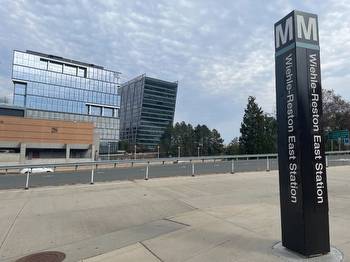


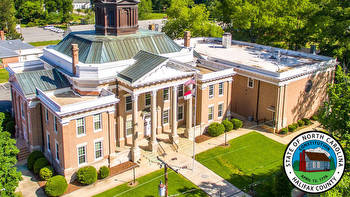
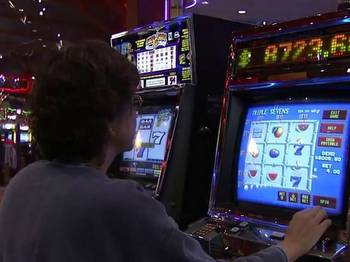
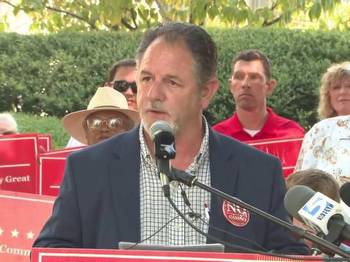

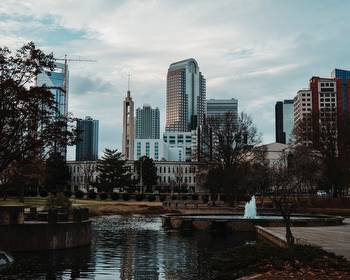


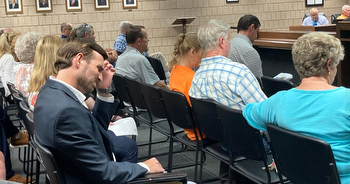



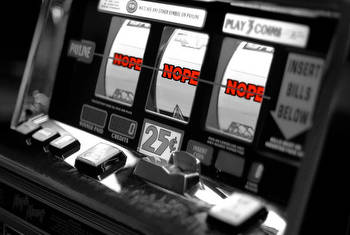
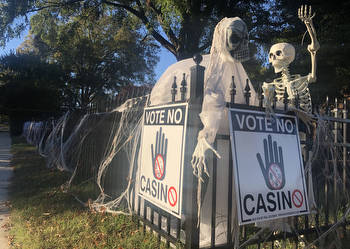
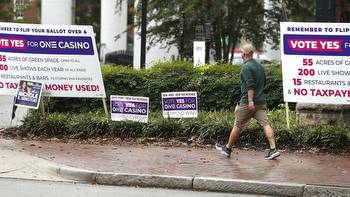
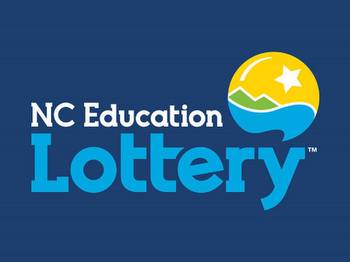
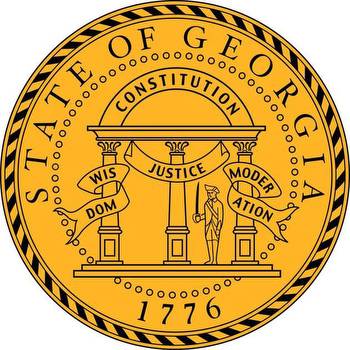

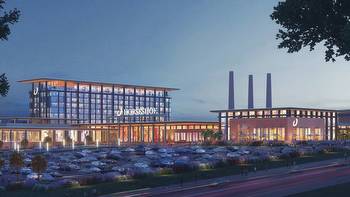
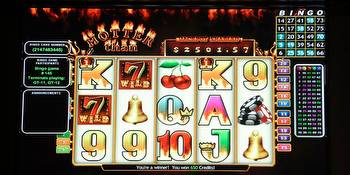
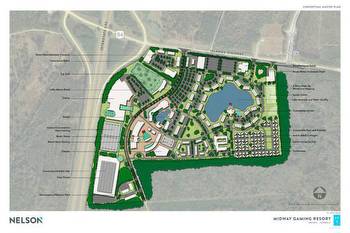
.jpg)



